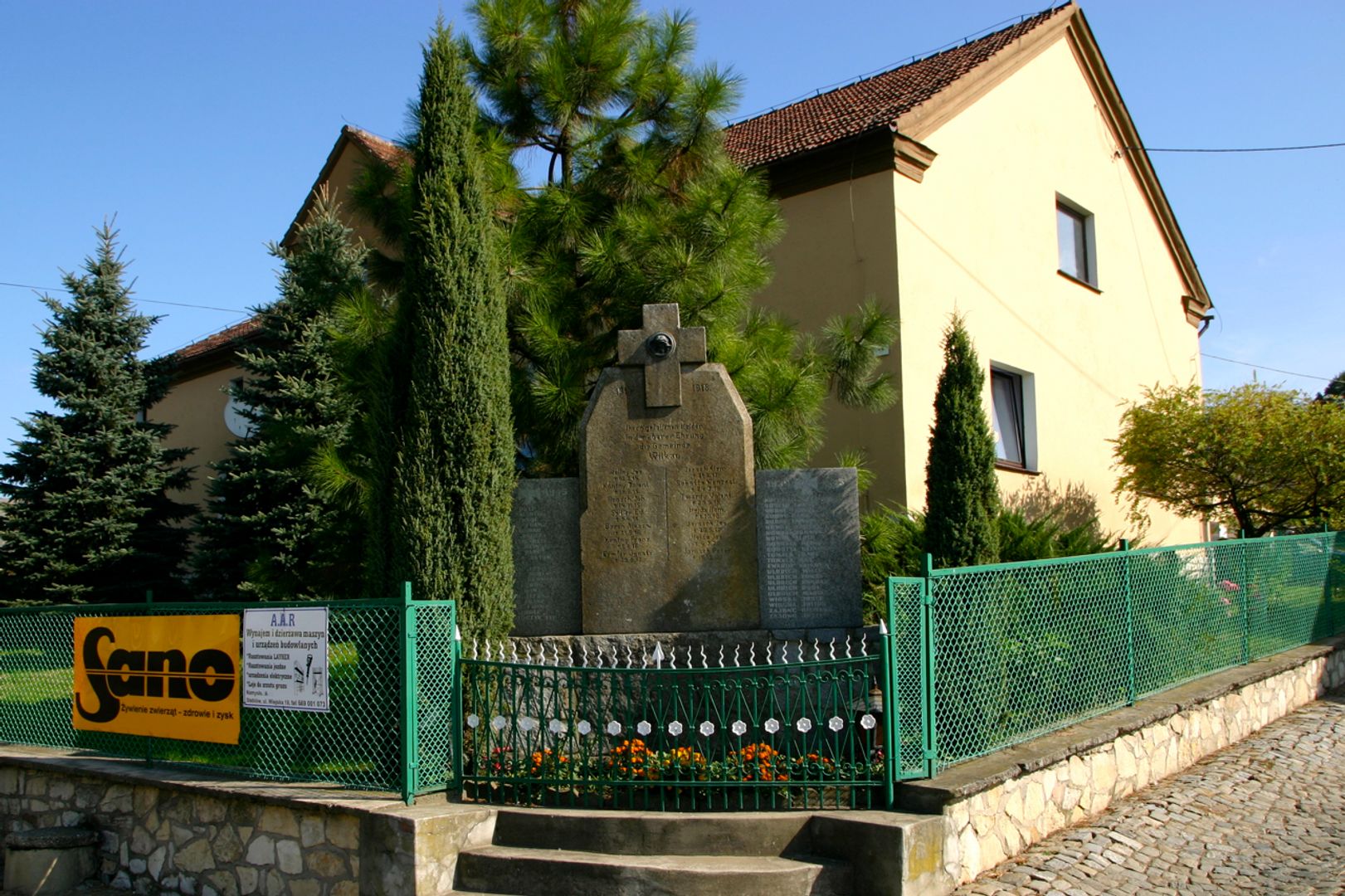Wolves
6.07

Overview
Wilków, a village in the Opole Voivodeship, is situated in the picturesque Biała Upland, near the border with the Czech Republic, and has an agricultural character, with main crops such as sugar beets, rapeseed, and wheat. Historically linked to Upper Silesia, the village takes its name from the predatory mammal, the wolf. In the 19th century, Wilków had its own seal, and in 1910, almost all residents spoke Polish. Wilków went through turbulent times, including a name change to Willenau during the Nazi era, only to readopt its traditional Polish name after the war. The village was the site of numerous social and cultural events, such as the activities of an amateur theater group and the opening of a Cultural Center in 1945. Although the population declined from 332 in 1933 to 182 in 2011, the community remains diverse, with a German minority and Silesians who use the regional Prudnik dialect. Wilków is also a tourist destination, with numerous hiking and cycling trails, including the "White Stork Trails" tourist route and a PTTK cycling route. The village features religious sites, and Catholics belong to the Parish of St. Lawrence. A notable aspect is the local tradition and the Volunteer Fire Department (OSP), which reflects the residents' commitment to fire protection. Wilków has many distinguished citizens, such as Stanisław Sobota, a veterinarian, and Alfons Spiller, a surgeon and mayor of Mysłowice. Despite the passage of time, the village retains its unique character, cherishes its traditions, and continues to develop its local culture.
Location
City
Głogówek Deanery
Tertiary Administrative Division
Głubczyce
County
Prudnik County
State
Opolskie Voivodeship
Country
2026 Wizytor | All Rights Reserved